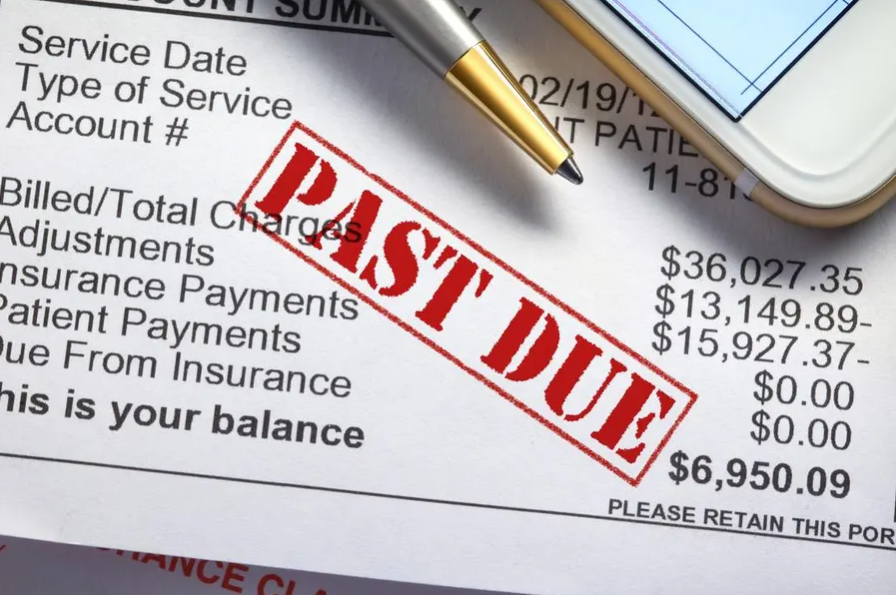Recent studies, including one by the Kaiser Family Foundation, reveal a staggering fact: around 41% of American adults are burdened with medical debt. This translates to approximately 100 million people, with many owing significant amounts that can profoundly affect their financial health. If you find yourself among this number, understanding the ramifications of unpaid medical bills and exploring your options is crucial.
Obligation to Pay Medical Bills
Legally, you are required to pay for the medical services you receive. Failure to do so typically results in the debt being handed over to collection agencies, which can lead to persistent attempts to collect the debt and possible legal action from the healthcare provider.
A notable exception involves “surprise medical bills,” which are unexpected charges from out-of-network providers. The No Surprises Act, effective from January 1, 2022, offers protection against such bills for insured individuals, potentially absolving them from these charges under specific circumstances.
Consequences of Not Paying Medical Bills
Ignoring medical bills can lead to a cascade of negative outcomes:
- Additional Charges: Late fees and interest can significantly inflate the original amount owed. It’s important to review all agreements related to your medical treatment to understand potential penalties for late payments.
- Collections: Unpaid bills typically go to collections after about 90 days, leading to relentless contact attempts by debt collectors.
- Credit Score Impact: Once reported to credit bureaus, your medical debt can lower your credit score, affecting your ability to obtain loans, secure housing, and sometimes even impact job prospects.
- Legal Action: In extreme cases, the healthcare provider or collections agency might sue for the unpaid debt. If they win, they could garnish your wages, place liens on your property, or levy your bank accounts.
- Severe Financial Strain: Liens, wage garnishment, and bank levies can drastically alter your financial landscape, potentially leading to situations where even basic living expenses become challenging to manage.
Strategies for Managing Medical Debt
If you’re facing high medical bills, consider these approaches to manage or potentially reduce your debt:
- Bill Review and Negotiation: Always review your medical bills for accuracy. Errors are common and can be disputed. If the charges are correct, negotiate with the provider for a possible reduction in the total amount owed or set up a manageable payment plan.
- Consolidation: Using lower-interest loans to consolidate and pay off medical debt might be an option, though this approach should be considered carefully as it involves taking on new debt.
- Life Settlement: For those with life insurance, selling your policy through a life settlement provides a lump sum that can be used to cover outstanding medical debts.
- Crowdfunding: Platforms like GoFundMe are increasingly used to raise funds for medical expenses and can be a viable option to cover costs.
- Charitable Organizations: Non-profits like the PAN Foundation and HealthWell Foundation assist underinsured patients with expenses, particularly for serious or chronic conditions.
- Bankruptcy: As a last resort, bankruptcy can eliminate medical debt. Chapter 7 bankruptcy may wipe out the debt completely, while Chapter 13 involves repaying it under a court-approved plan. Both have long-term impacts on your credit score and financial stability.
Conclusion
While the prospect of dealing with large medical bills can be daunting, taking proactive steps to manage or reduce this debt is crucial. Reviewing bills for accuracy, negotiating with providers, and exploring all available options, including financial assistance through charities and life settlements, can provide relief. In cases where debt is overwhelming, consulting with a financial advisor or bankruptcy attorney can help chart a path forward that protects your financial future.



